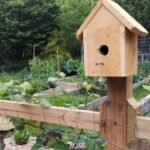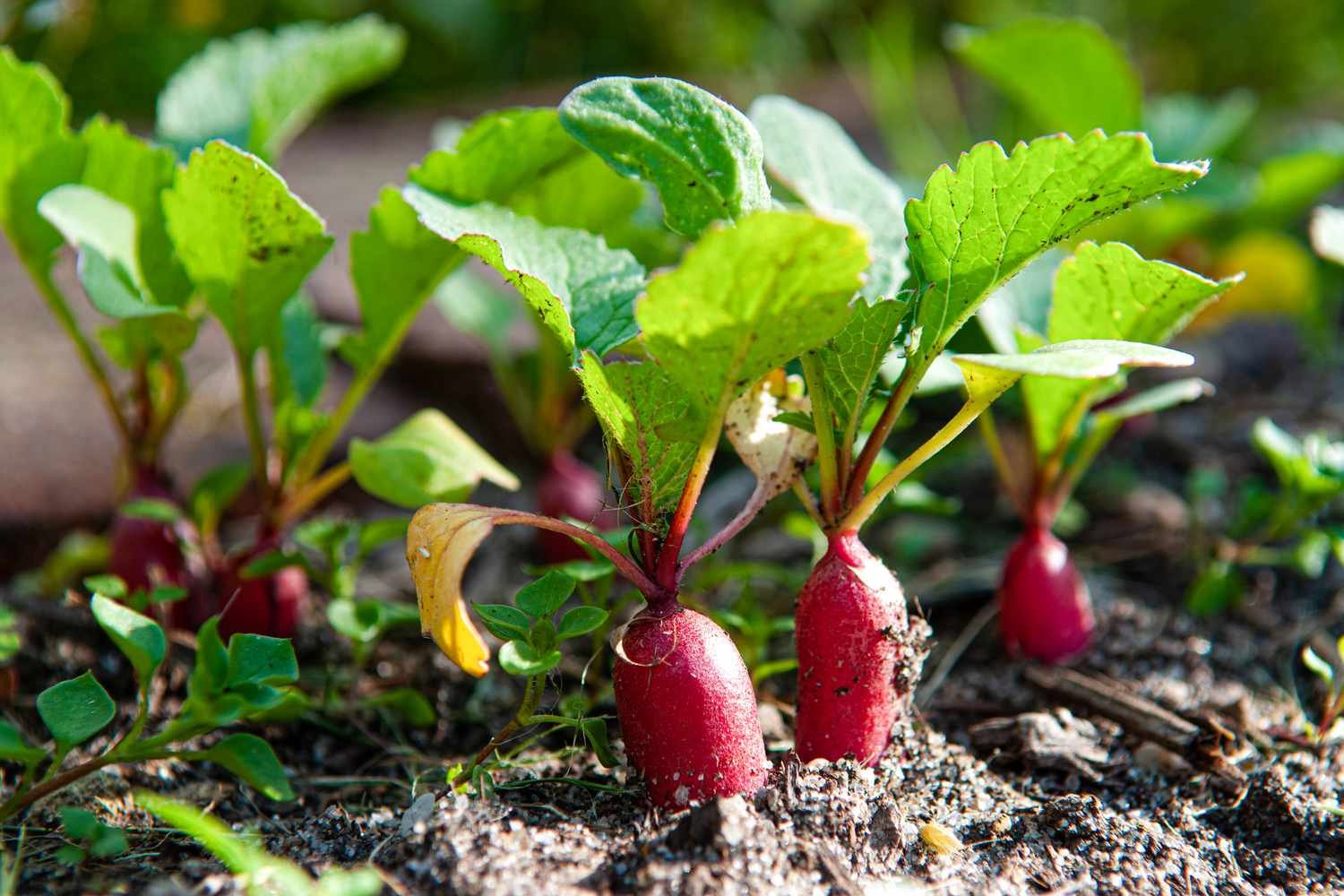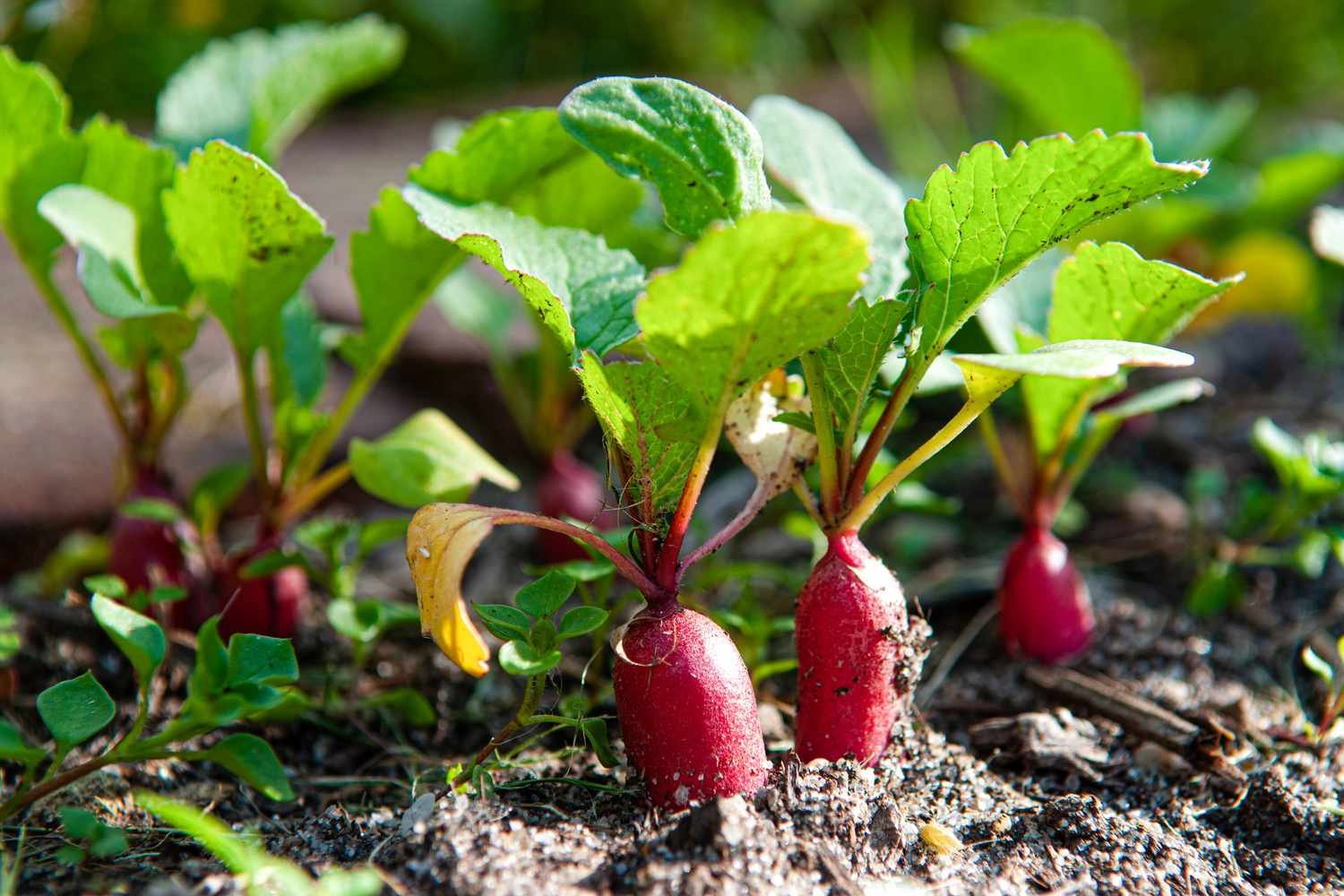Maintaining a pest-free garden is key to ensuring healthy plants and abundant yields. Dealing with pests can be frustrating, but with proactive measures and natural solutions, you can protect your garden without resorting to harmful chemicals. Here’s a comprehensive guide to help you achieve pest-free gardening, from prevention strategies to effective remedies.

Choose Resilient Plant Varieties
Start your pest-free gardening journey by selecting plant varieties that are naturally resistant to common pests in your area. Research and opt for cultivars known for their pest resilience, as they are less likely to attract unwanted insects and diseases. For example:
- Disease-resistant Tomatoes: Varieties like ‘Roma’ or ‘Celebrity’ are less susceptible to common tomato pests and diseases.
- Blight-resistant Potatoes: Choose blight-resistant potato varieties such as ‘Kennebec’ or ‘King Harry’ to reduce the risk of fungal infections.
Practice Crop Rotation
Crop rotation is a proven method to prevent the buildup of pests and diseases in the soil. Rotate plant families annually to disrupt pest life cycles and reduce soil-borne pathogens. For instance:
- Legumes: Rotate beans and peas to different beds each year to minimize soil pests like nematodes.
- Nightshades: Move tomatoes, peppers, and eggplants to new locations annually to prevent soil-borne diseases such as verticillium wilt.
Implement Companion Planting
Companion planting involves strategically placing plants together to enhance growth and deter pests. Certain plants naturally repel insects or attract beneficial predators that prey on garden pests. Consider these beneficial combinations:
- Marigolds: Plant marigolds around vegetable beds to deter nematodes and repel aphids and whiteflies.
- Basil: Grow basil near tomatoes to improve flavor and repel pests like mosquitoes and flies.
Use Natural Pest Control Methods
Embrace organic and natural pest control methods to protect your garden without harming beneficial insects or pollinators. Some effective techniques include:
- Handpicking: Regularly inspect plants for pests like caterpillars or beetles and remove them by hand.
- Companion Plants: Grow herbs such as cilantro or dill to attract predatory insects like ladybugs or lacewings, which feed on aphids and mites.
Maintain Garden Hygiene
Practicing good garden hygiene can prevent pest infestations and disease outbreaks. Keep your garden clean and tidy by:
- Removing Debris: Clear away fallen leaves, weeds, and spent plants that can harbor pests and diseases.
- Pruning: Trim back overgrown plants to improve airflow and reduce shelter for pests like snails or slugs.
Conclusion
Achieving a pest-free garden requires a combination of proactive planning, natural solutions, and diligent maintenance. By choosing resistant plant varieties, practicing crop rotation, implementing companion planting, using natural pest control methods, and maintaining garden hygiene, you can minimize pest damage and promote healthy plant growth. Embrace these tips to enjoy a thriving garden that flourishes without the need for harmful chemicals, ensuring a bountiful harvest and a beautiful outdoor sanctuary for years to come. Happy gardening!











